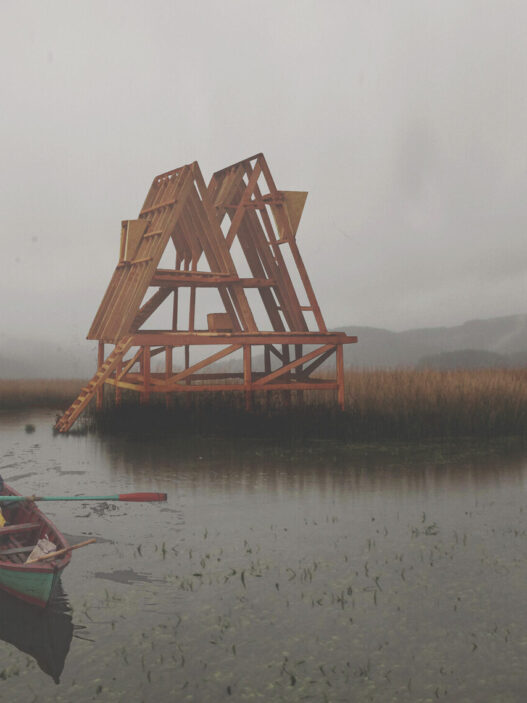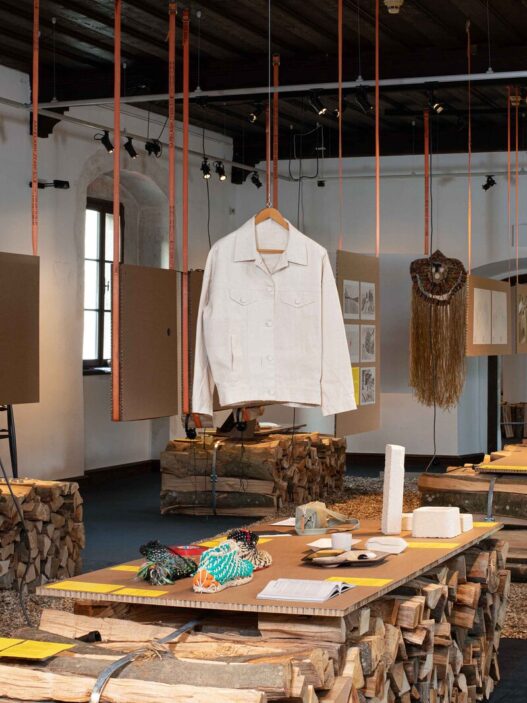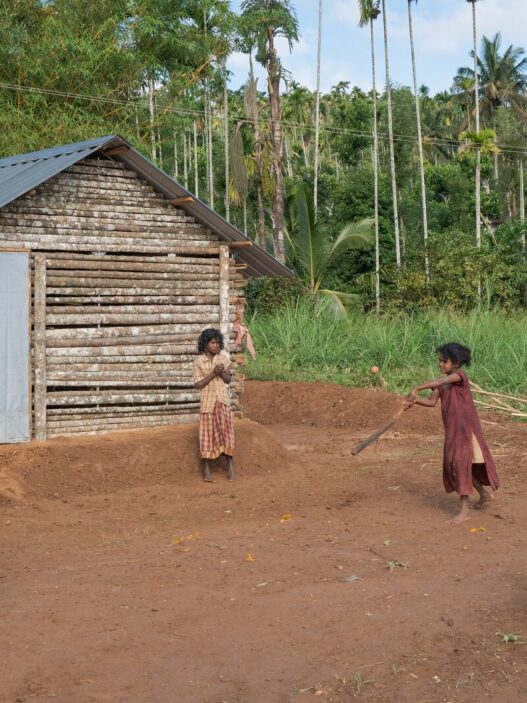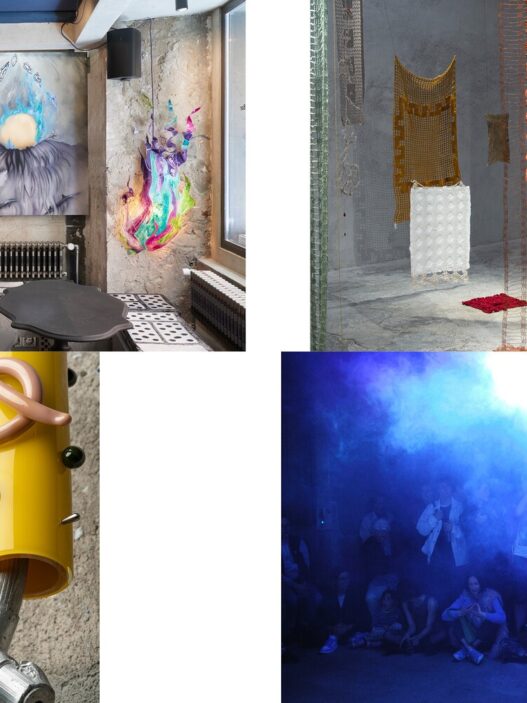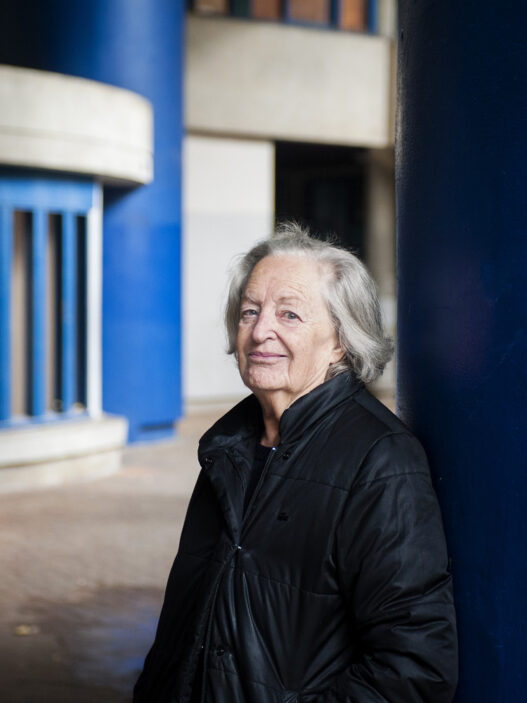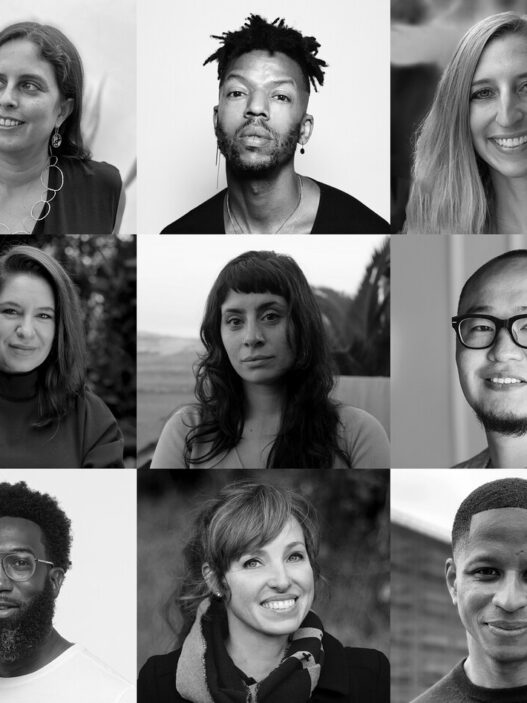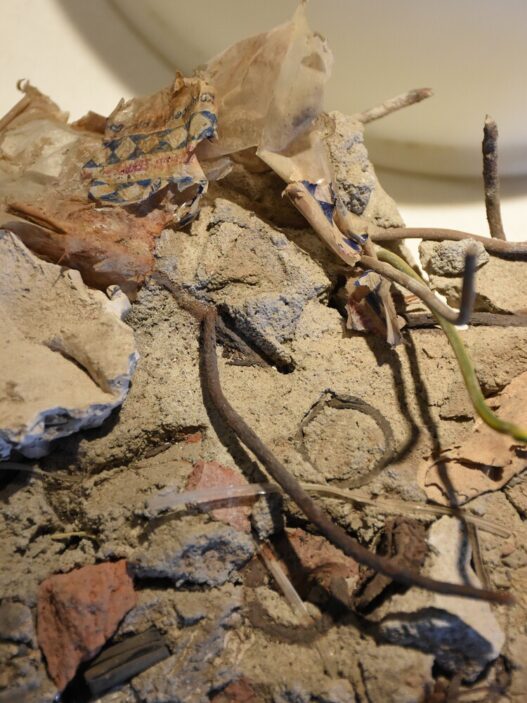May 27–July 17, 2022
Held by the Institute of Architects of Brazil (IAB) since 1973, the Architecture Biennale is arriving at its 13th edition in a reality of intense transformations ushered in by the COVID-19 pandemic, which required efforts all around the world for the organization of urban, social and professional dynamics for survival.
Based on democracy, bodies, memory, information and ecology as guiding axes, the edition’s co-curatorship proposal—which lends its name to the event—is Travessias (crossings), chosen in an international competition held between November 2020 and January 2021. The curatorship is a therefore a combined effort of resident curator, Sabrina Fontenele, and the winning curating team consisting of nine Brazilian members who are researchers and workers in various areas: Carolina Piai Vieira, Larissa Francez Zarpelon, Louise Lenate Ferreira da Silva, Luciene Gomes, Pedro Cardoso Smith, Pedro Vinícius Alves, Raíssa Albano de Oliveira, Thiago Sousa Silva, and Viviane de Andrade Sá.
The concept of travessias (Crossings) by Brazilian historian Maria Beatriz Nascimento is the cornerstone for the proposal of this 13th Architecture Biennale; it investigates which aspects of the colonial past and the diasporas still remain today, but also what has been altered in these human displacements worldwide. Thus, the curatorship considers that the pandemic has reinforced preexistent sociospatial inequalities, rooted in the violent processes of colonization and historical erasures, which later underwent fragmentations. As a consequence, we see these structures serving the manifestations of oppression—in Brazil and in the world—such as racism, sexism, ableism and coloniality.
Guided by these concepts, the programming of this 13th edition of the Architecture Biennale is structured by three axes: the exhibition at Sesc Avenida Paulista and at the Centro Cultural São Paulo; conferences, thematic roundtable talks and performances to take place at cultural venues and public spaces on Paulista Avenue (Sesc, Itaú Cultural and Instituto Moreira Salles); and educational activities, such as guided visits, workshops and mediation.
Exhibition
Travessias (Crossings) features art installations by 10 artists and artist collectives invited by the curatorship, and by another 23 selected through an open call. The exhibition of these projects will take place simultaneously at two locations: at Sesc Avenida Paulista, a long-standing partner institution of the Biennale, and at the Centro Cultural São Paulo.
Works were prioritized that shed light on narratives of peoples and groups that are current or historical victims of violence in Brazil and around the world. The ten invited artists and artist collectives are: the collective social project Arquitetura na Periferia (Minas Gerais, Brazil), the collective of architects and artists Banga Nossa (Angola), architect Christophe Hutin (Paris, France), Coletivo Coletores (São Paulo, Brazil), Dele Adeyamo (Nigeria/United Kingdom), Pritzker prize-winning architect Francis Kéré (Gando, Burkina Faso), visual artist Jaime Lauriano (São Paulo, Brazil), multi-artist and activist Mona Rikumbi (São Paulo, Brazil), the architecture and housing experiment Mouraria 53 (Bahia, Brazil) and artist and educator Uýra Sodoma (Amazonas, Brazil).
Besides these, an open call brought the participation of another 23 projects selected by the curatorship. With 19 Brazilian initiatives, the show also includes works from Puerto Rico, Mexico, Chile and the United States. The diversity of the artists and artist collectives that submitted entries was an important dimension for the selection of the projects. Proposals in various formats and artistic languages were accepted, such as scale models, tactile objects, printed images, audiovisual media, podcasts, urban and artistic interventions, literary texts, and scientific researches.
Travessias (crossings) are generally related to connection, paths that connect territories: bridges, ladders, ramps. But the curatorship aims to show that “travessias can also be understood as a journey—the forced migrations of African people kidnapped in their countries of origin, the escapes to the quilombos, or the displacements to the city. A travessia is, therefore, a movement that involves bodies and territories and, if carried out collectively, the sharing of experiences, of memories and of identity,” the curatorship proposes.
Exhibition details
Sesc Avenida Paulista
Visitation: until July 17, 2022
Tuesday through Friday, 10am to 9:30pm; Saturdays, Sundays and holidays, 10am to 6:30pm
Av. Paulista, 119–Bela Vista, São Paulo–SP 01311-903
T +55 11 3170-0800
Centro Cultural São Paulo–CCSP
Visitation: until July 17, 2022
Monday through Friday, from 10am to 8pm; Saturdays, Sundays and holidays, from 10am to 6:30pm
Rua Vergueiro, 1000–Paraíso, São Paulo–SP 01504-000
T +55 11 3397-4002
SESC Avenida Paulista
Av. Paulista, 119
São Paulo-
Brazil


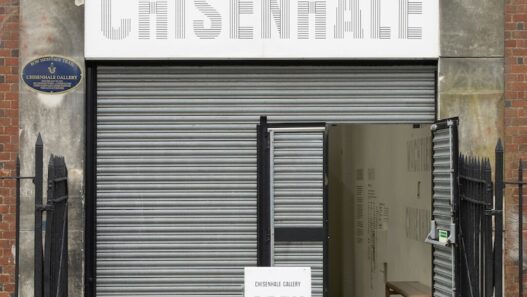

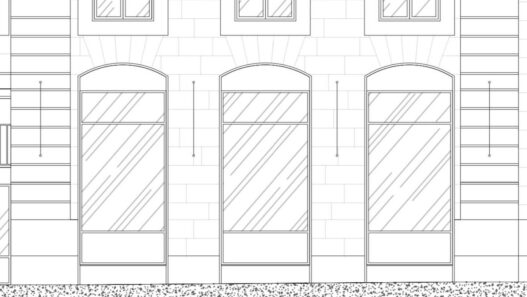

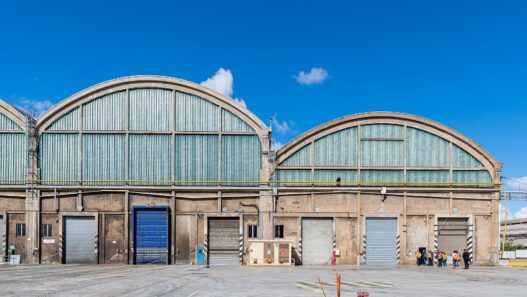

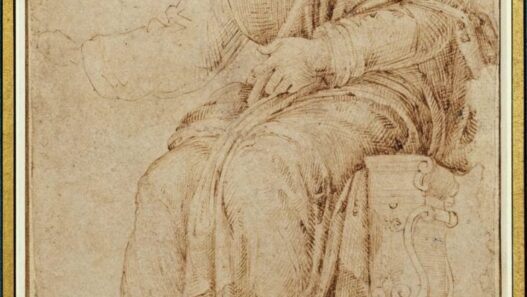
![[1] Quadros, chapéus e botas, Banga ossa, 2020. [2]: Arquitetura na Periferia. Photo: Pedro Thiago Silva. [3] Espíritos de Tudo que Vive, Uýra. Photo: Selma Maia, 2019. [4] Visual identity of the 13th International Architecture Biennale of São Paulo: Travessias.](https://dailyart.news/wp-content/uploads/2022/05/travessias-527x293.gif)
![[1] Quadros, chapéus e botas, Banga ossa, 2020. [2]: Arquitetura na Periferia. Photo: Pedro Thiago Silva. [3] Espíritos de Tudo que Vive, Uýra. Photo: Selma Maia, 2019. [4] Visual identity of the 13th International Architecture Biennale of São Paulo: Travessias.](https://dailyart.news/wp-content/uploads/2022/05/travessias-1044x580.gif)


